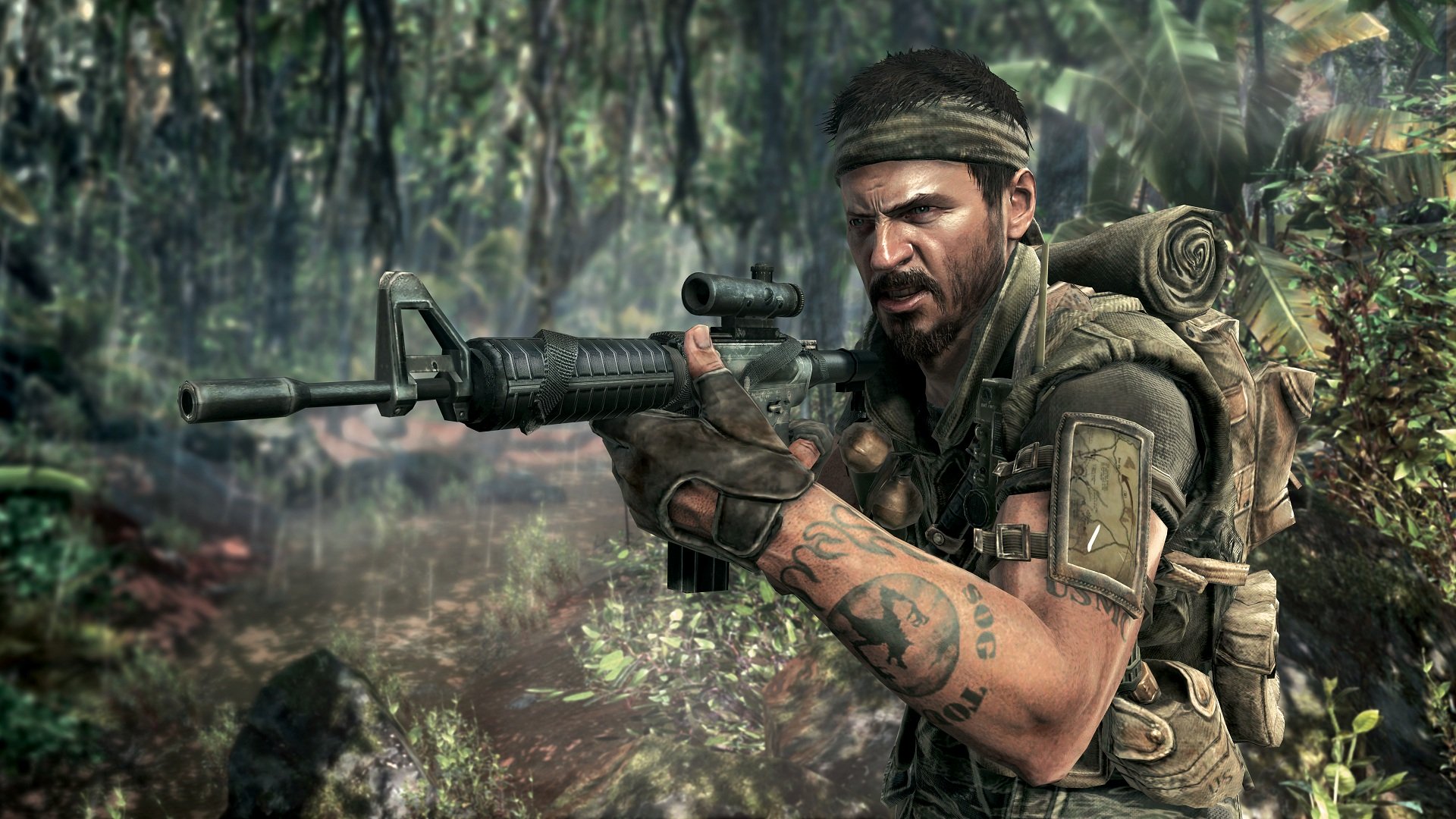Activision’s Call of Duty: Black Ops Cold War, which is on its way to a late 2020 release, sees the return of several characters from the franchise. Alex Mason, Jason Hudson, and Frank Woods all show up in this direct sequel to Call of Duty: Black Ops, but they’ve all been recast.
Sam Worthington, James C. Burns, Ed Harris, and Micheal Keaton voiced Alex Mason, Frank Woods, and Jason Hudson, respectively (Keaton replaced Harris for Black Ops 2). Worthington, Harris, and Keaton all have active movie and television careers, so it’s possible that there were scheduling conflicts. James C. Burns, on the other hand, was not only available, but willing to reprise the role.
Not only was Burns replaced (along with the others, of course), but he wasn’t even aware of it. He’s not causing a fuss, but he makes his frustration known on his YouTube channel (in a nearly 3 hours video).
“…I’ve got 80,000 pounds of weight to bring to this thing…I got 11 years with this guy, and I have all this backstory and all this front-loaded stuff. So that’s my frustration.”
He makes it clear that he supports the new voice actor, whoever that turns out to be, and insists that the character is in good hands. Burns seems like a class act, and it’s hard not to share in his frustration.
This is something that’s happened at least twice in recent memory. In Splinter Cell: Blacklist, Michael Ironside, who’s voiced protagonist Sam Fisher since the series debuted, was replaced by the younger Eric Johnson. Then, in 2015’s Metal Gear Solid 5: The Phantom Pain, series regular David Hayter was replaced by Kiefer Sutherland as the voice of Snake.
In the case of Splinter Cell, the developers decided to use motion capture technology to bring Sam Fisher life, something that Ironside was simply too old to do. Johnson performed the motion capture and the voice acting, but Ironside was brought in to consult on the character.
With Metal Gear Solid 5, however, the situation played out much like Call of Duty, with Hayter having no idea he had been replaced.
It’s always disappointing when a beloved actor is replaced after really making a role their own. One could argue that these situations hit even harder with video games, because players get to assume that role and possibly spend dozens of hours with the character, so the attachment is that much more intense.
In the end, Burns is probably right. The new guy is probably going to do fine and the game will be a hit. Still, a lot of people would like to know what goes into these decisions.
